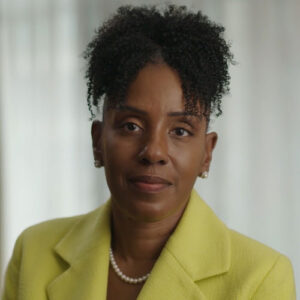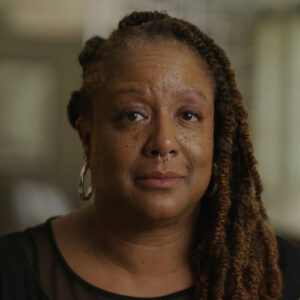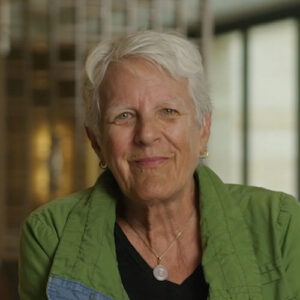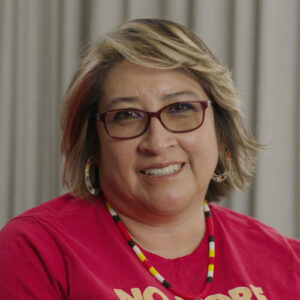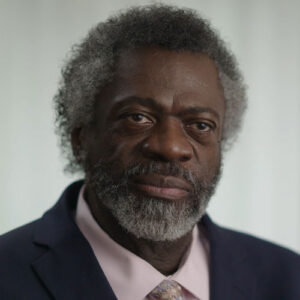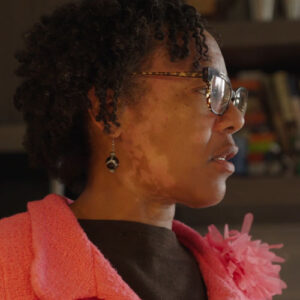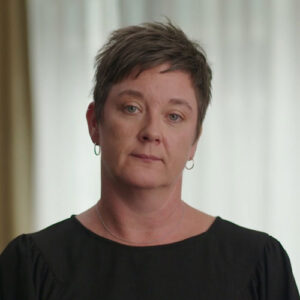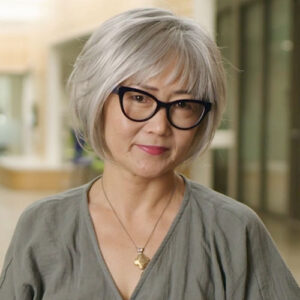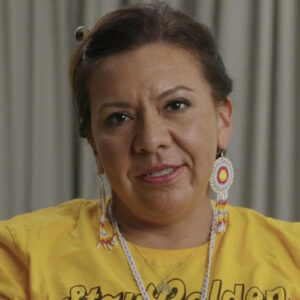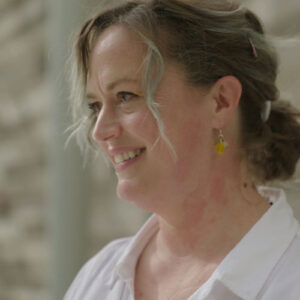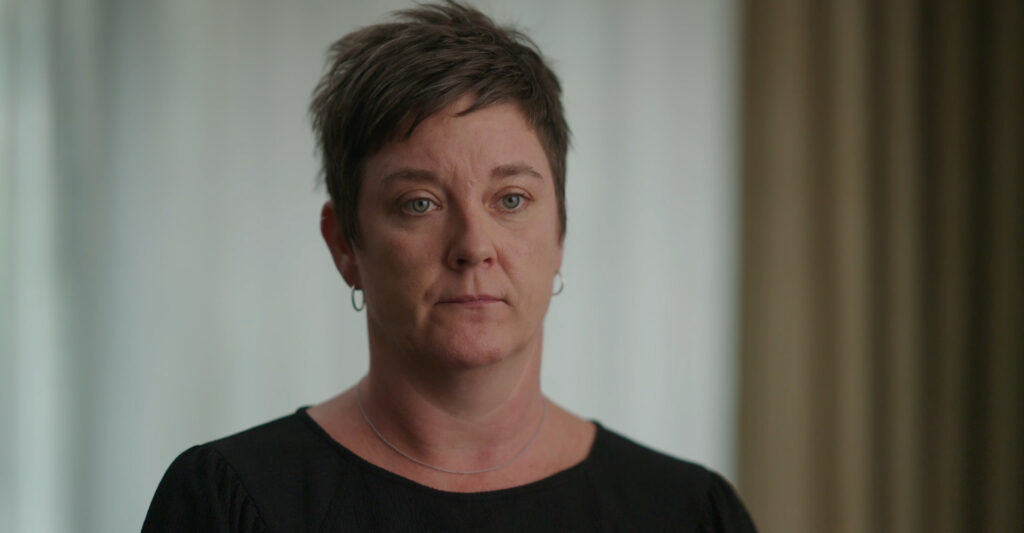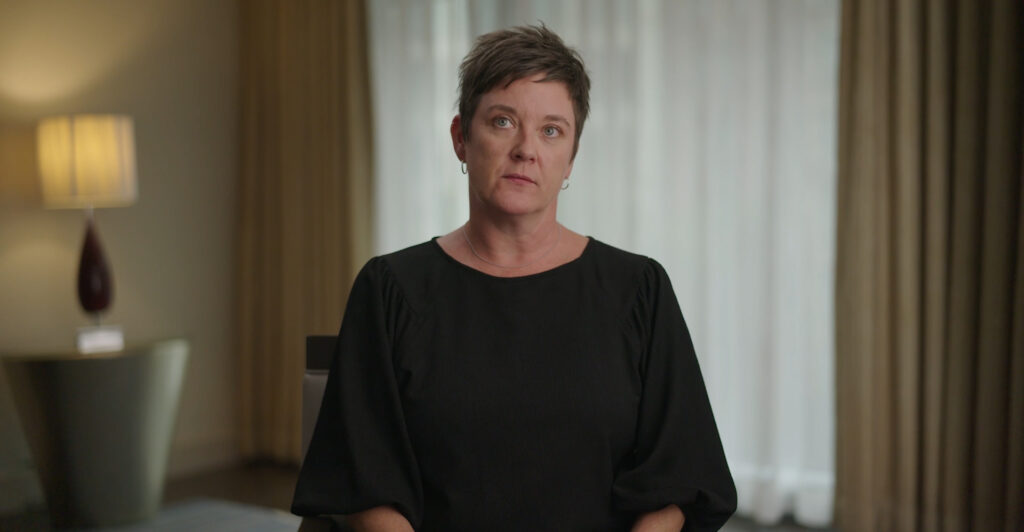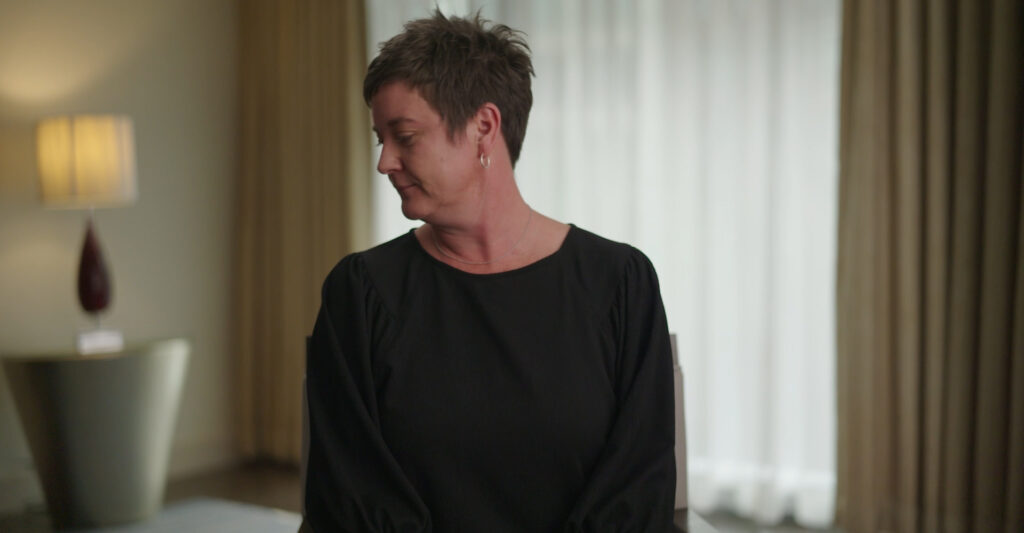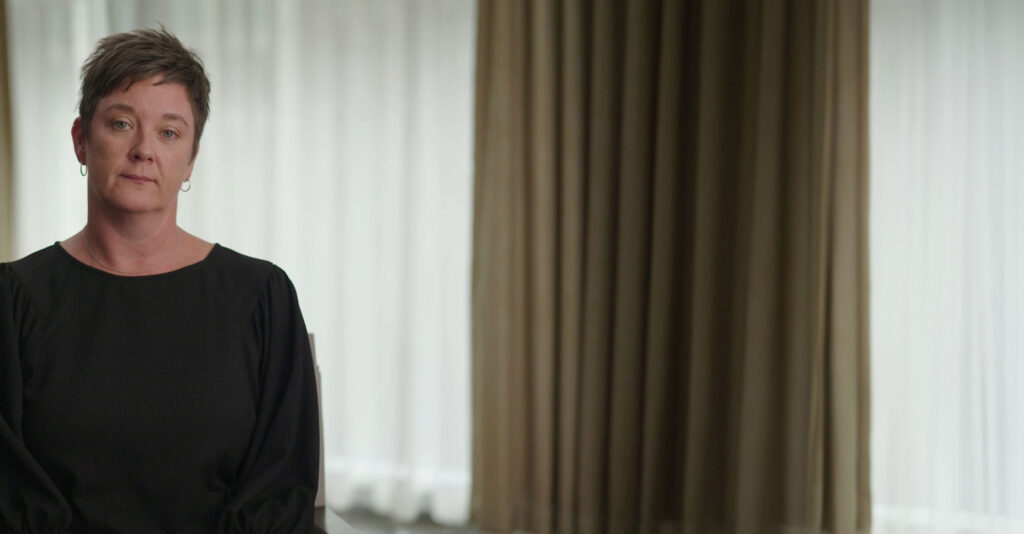
FEARLESS NURSE
Rebecca O'Connor
PhD, RN (she/her)
Associate Professor, University of Washington School of Nursing
Dr. Rebecca O’Connor is an associate professor at the University of Washington School of Nursing, a Betty Irene Moore Nurse Leaders and Innovators Fellow, and an affiliate member of the Center for Pediatric Nursing Research at Seattle Children’s Hospital. Dr. O’Connor believes implicit bias among healthcare providers is an urgent patient safety issue. To address this, she collaboratively developed the innovative IBIAS™ program that teaches health professions students skills to interrupt bias in care settings so that these skills and reflections become part of care they provide when they enter the workforce.
STILLS & CLIPS
The problem with bias is that it’s so deeply connected to who we are as a person, our personal identity, that we can’t extrapolate out the fact that just like we make a math error, we can make — and do make — automatic assumptions about people all the time. It’s the same thing. It’s a mental error, and it comes from much more complicated roots — centuries of oppression of an entire people.
M. Rebecca O’Connor, PhD, RN
JOIN THE
MOVEMENT
BIOGRAPHY
Rebecca O’Connor is an associate professor at the University of Washington School of Nursing, an inaugural Betty Irene Moore Nurse Leaders and Innovators Fellow, and an affiliate member of the Center for Pediatric Nursing Research at Seattle Children’s Hospital. The Betty Irene Moore Fellowships for Nurse Leaders and Innovators is a national program that recognizes and advances early-and mid-career nursing scholars and innovators with high potential to accelerate leadership in nursing-science research, practice, education, policy, and entrepreneurship.
Dr. O’Connor’s commitment to ensuring all individuals and communities have access to equitable healthcare is evident in her work, from mentoring students and faculty on how their own assumptions and biases impact patient care for numerous marginalized, minoritized, and racialized communities to teaching about social determinants of health, implicit bias, and the importance of anti-racism in healthcare and more.
Dr. O’Connor believes that implicit bias among nurses and other healthcare providers is an urgent patient safety issue. Substantial research reveals that implicit bias among providers contributes to poorer healthcare experiences, outcomes, and increased morbidity and mortality for numerous marginalized groups including BIPOC and LGBTQ+ communities, those who are larger-bodied, older, have lower socio-economic status, substance use disorder, are unhoused, and others. Despite this evidence, disparities remain and, in some cases, worsened. To effectively address bias in healthcare, Dr. O’Connor states that a culture shift is needed to normalize that every person has bias despite our best intentions and—like medication errors — it is not a matter of ‘if’ but ‘when’ bias impacts nursing care. Behavior change in healthcare settings is needed to mitigate the effects of bias on nursing care and Dr. O’Connor and colleagues developed IBIAS™ to do just that — interrupt bias in healthcare environments.
IBIAS™ is an evidence-based and pilot-tested Implicit Bias Clinical Education Program that requires nursing students to demonstrate 2 bias-interrupting skills and reflect on assumptions they or others may have made every day they provide care throughout their entire nursing program. IBIAS™ is innovative because it is the only program that teaches health professions students skills to interrupt bias in care settings and by the time students graduate and entered the workforce, they will have demonstrated these skills more than fifty times so that these skills and reflections become part of care they provide.
Dr. O’Connor’s passion for her work to prepare future nurses that will make meaningful change in healthcare has been recognized by the UW School of Nursing’s student-nominated Excellence in Promoting Diversity Through Teaching in 2016, 2018, 2019 and 2021 and the Sandra Eyres Excellence in Graduate Teaching Award in 2022.
These links are not endorsed by SHIFT and the views expressed within are their own.

